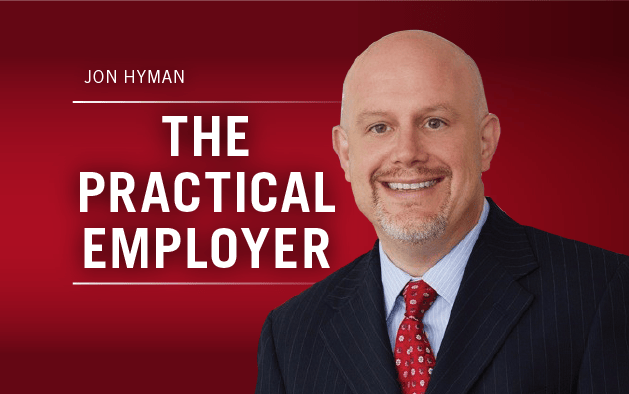Compliance
Lawsuit Highlights the Risk of Unpaid Training Time
By Jon Hyman
Oct. 13, 2016
Employment Law 360 reports that Hawaiian Airlines has been sued by a group of employees claiming that their mandatory unpaid 10-day customer service training course violated the Fair Labor Standards Act.
According to court papers, trainees learned things like federal regulatory requirements and how to use a standard airline software system. … The suit claimed the Fair Labor Standards Act and state law required trainees be paid at least minimum wage “because, among other things, attendance was mandatory, the course material was related to the trainee’s job, and attendance was during regular working hours.”
For its part, the airline argues that the lead plaintiff “was well aware the course was unpaid before she started.” That’s not much of an argument. Under no circumstance may an employee voluntarily agree to forfeit pay to which the employee is entitled under the FLSA. It’s no different than asking an employee to volunteer his or her time and work for free (which, by the way, is very illegal).
Lots of opportunities exist for employees to train, take educational classes, or otherwise better themselves — inside classes, outside classes, seminars, lectures, and continuing education requirements, to name a few. Whether attendance at these activities counts as paid “working time” under the FLSA, however, depends on four factors:
- Is attendance outside of the employee’s regular working hours?
- Is attendance truly voluntary?
- Is the course, lecture, or meeting indirectly related or unrelated to the employee’s job?
- Does the employee not perform any productive work during such attendance?
An employer must be able to answer “yes” to all four of these questions to consider an employee’s attendance non-working time.
Schedule, engage, and pay your staff in one system with Workforce.com.
